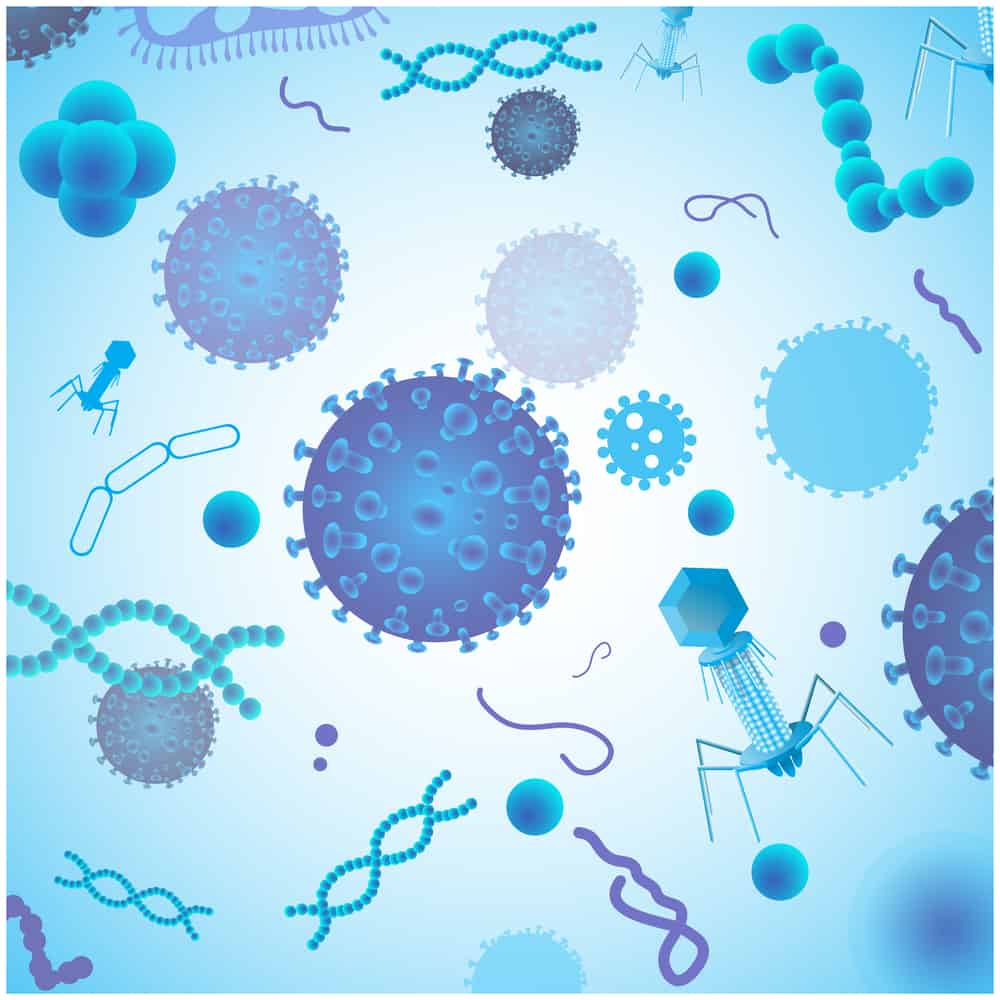Amid the hardening coronavirus pandemic, wastewater treatment takes on a new dimension: it serves as a barrier for the virus and helps mitigate the crisis. National Institute for Public Health and the Environment in the Netherlands found that the novel coronavirus that causes CoViD-19 had been detected in wastewater since the pathogen is often found in gastrointestinal tract of a human and thus can easily transmit to wastewater with faeces. The Dutch scientists had successfully used this approach in the past to detect other viruses and bacteria in a population.
With molecular methods the viruses can be traced in wastewater and effectively treated so that it does not spread the pathogen any further. At the AEU Club, a team of high-profile molecular biologists including Dr. Nataliya Shchegolkova, George Krasnov, Sergey Kharitonov, and Mikhail Semenov are applying the same methods that proved so successfully in detecting and treating the pathogens in Netherlands. It is vital to apply right technology to wastewater treatment so that it would be absolutely safe. Treatment wetlands are among few most effective technologies that eliminates 99,9 % of all pathogens from wastewater.
However, given that the coronavirus can reside in wastewater it is of paramount importance to ensure the safety of those working on the wastewater treatment sites. It means that any site that has any connection to wastewater should take precautionary measures for detecting the virus, while the staff should avoid direct contact with wastewater. During all activities that lead to possible contact with wastewater, they must wear personal protective equipment, including protective clothing, gloves, boots, safety glasses, a face mask and/or a FFP3 respirator mask.

